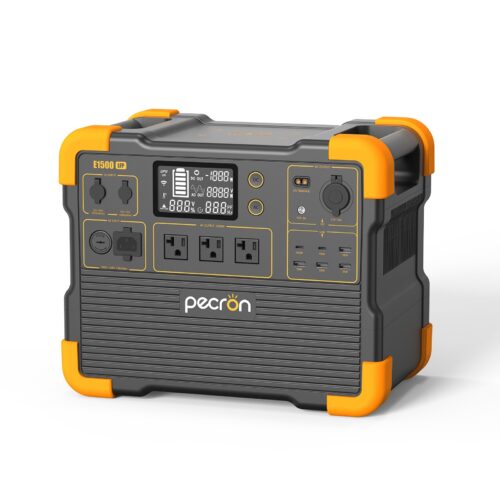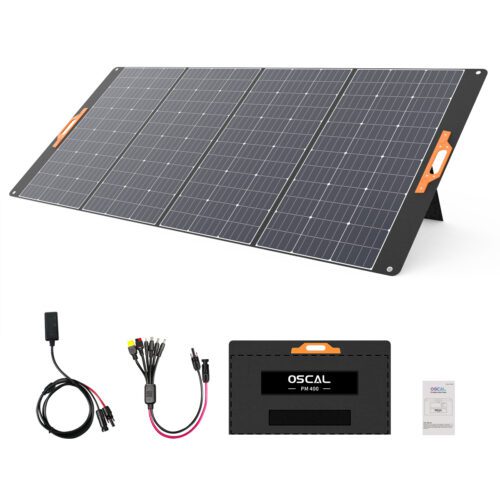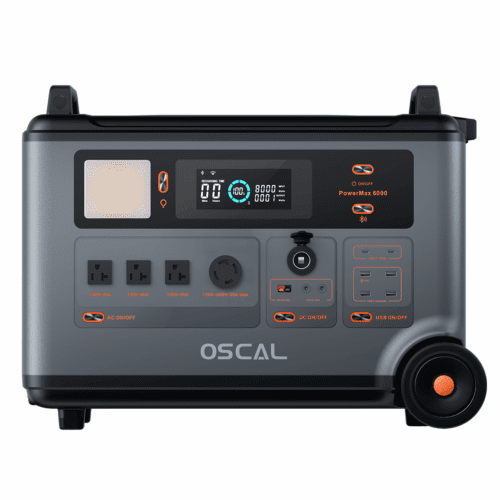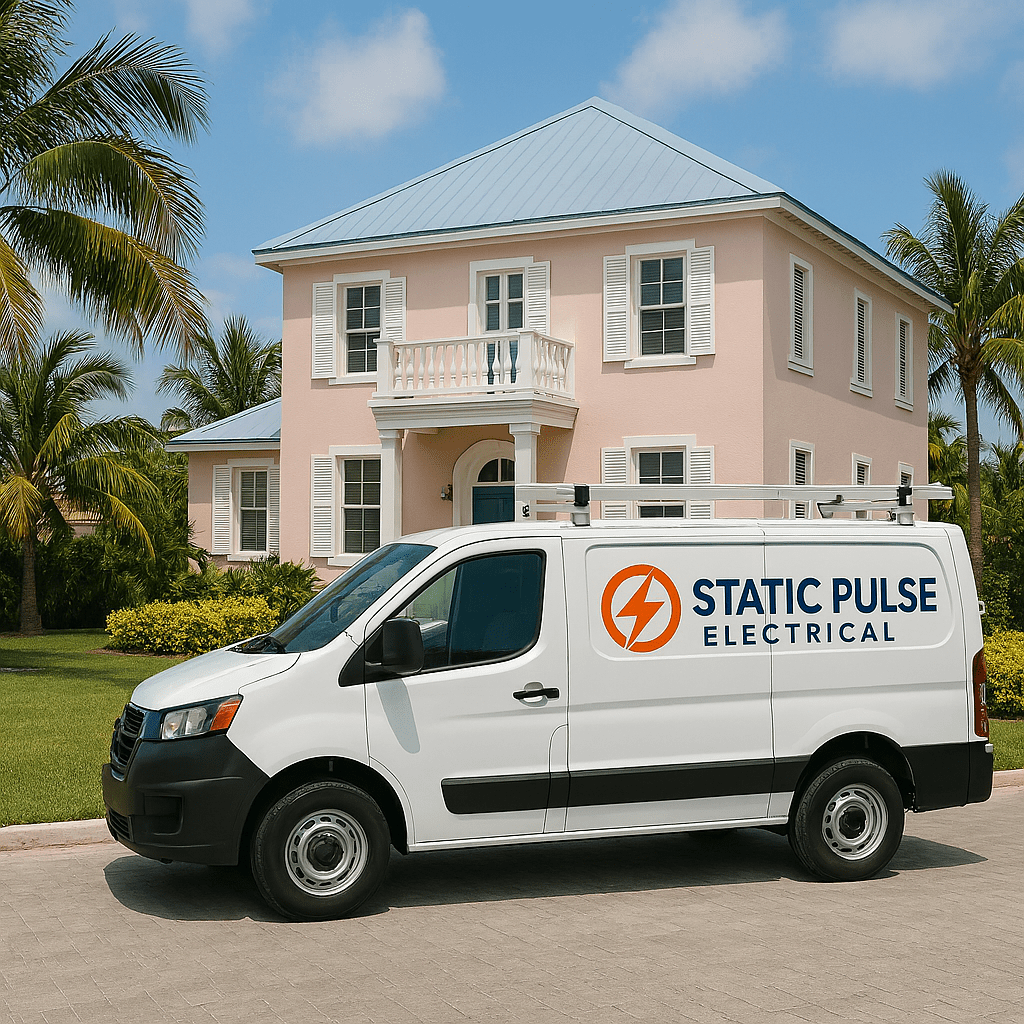Portable Power Stations
The Ultimate Guide to Portable Power Stations: Benefits, Drawbacks, and Prices
In an era where staying connected, powered up, and prepared is more essential than ever, portable power stations have emerged as a vital tool for outdoor enthusiasts, emergency preparedness, and even everyday convenience. Whether you’re camping deep in the wilderness, dealing with a power outage at home, or simply needing a reliable source of energy on the go, portable power stations can be a game-changer. In this comprehensive guide, we’ll explore what portable power stations are, their pros and cons, and what you can expect to pay for a quality unit from Static Pulse Electrical.
What Is a Portable Power Station?
A portable power station is a rechargeable battery pack that offers power through various outlets, including AC outlets, USB ports, and sometimes DC outputs. Unlike traditional generators that rely on gasoline and produce noise and fumes, these compact devices harness stored electrical energy, making them a cleaner and more convenient option.
Key Features of Portable Power Stations:
- Rechargeable Battery Pack: At the core of each station is a powerful battery—usually lithium-ion or lithium-polymer—that stores electrical energy.
- Multiple Output Options: They typically feature AC outlets similar to standard wall sockets, USB ports for charging devices like smartphones and tablets, and sometimes DC outputs for other electronics.
- Compact and Lightweight: Designed to be portable, they usually weigh between 10 to 50 pounds, making them easy to carry for outdoor activities or emergency use.
A typical portable power station can power a wide range of devices—from smartphones and laptops to small appliances such as mini-fridges or CPAP machines—without the noise, fumes, or maintenance associated with gas-powered generators.
The Pros of Portable Power Stations
1. Portability and Convenience
One of the main advantages is their portability. These units are designed to be lightweight and easy to carry, making them ideal for camping, RV trips, outdoor events, or even as a backup power source during emergencies. Whether you’re hiking, fishing, or working remotely, you can take your power supply anywhere.
2. Silent and Emission-Free Operation
Unlike traditional generators, portable power stations operate silently, which is a significant benefit when you're camping, in a neighborhood, or in quiet environments. Plus, they don’t emit fumes, making them environmentally friendly and safe to use indoors or in enclosed spaces.
3. Ease of Use
Most units are user-friendly. You simply recharge the station, connect your devices, and go. Many have straightforward controls and LCD displays that show remaining battery life and charging status.
4. Multiple Power Options
With a combination of AC outlets, USB ports, and DC outputs, you can power a variety of devices simultaneously, providing flexibility whether you need to charge your phone, run a small refrigerator, or power medical equipment.
5. Eco-Friendly and Cost-Effective
Rechargeable via wall outlets, car chargers, or solar panels, they produce no emissions and are cost-effective over the long term. They are particularly useful during power outages when reliability is crucial.
The Cons of Portable Power Stations
1. Limited Capacity
While versatile, portable power stations generally have limited energy storage. They’re perfect for short-term use but aren’t suitable for high-power, long-duration applications. Running larger appliances or multiple devices over extended periods can quickly drain the battery.
2. Cost
High-capacity models can be pricey, often costing hundreds to thousands of dollars, depending on battery size and features. This upfront expense might be a barrier for some consumers.
3. Long Recharge Times
Recharging can take several hours, especially if using solar panels, which are weather-dependent. This means you need to plan ahead if you rely heavily on stored power.
4. Battery Wear and Replacement
Over time, the batteries degrade, reducing capacity and runtime. Replacing batteries can be costly and may require professional servicing.
5. Size and Weight
While designed to be portable, larger units with higher capacity can still be heavy and bulky, making portability less convenient for some users.
Price Range for Static Pulse Electrical Portable Power Stations
At Static Pulse Electrical, we offer a range of high-quality portable power stations suitable for different needs and budgets. Here’s an overview of what you can expect:
Entry-Level Models ($200 - $500): These compact units are perfect for charging smartphones, tablets, and small devices. They typically have smaller batteries (around 200Wh to 500Wh) and limited outlets but are very budget-friendly.
Mid-Range Models ($500 - $1,000): These units offer increased capacity (around 500Wh to 1000Wh), more outlets, and faster charging options. They’re ideal for camping trips, small work projects, or emergency backup.
High-Capacity Models ($1,000 - $3,000+):

E1500 LFP Portable Power Station
In stock
$959.45 – $3,622.35Price range: $959.45 through $3,622.35




